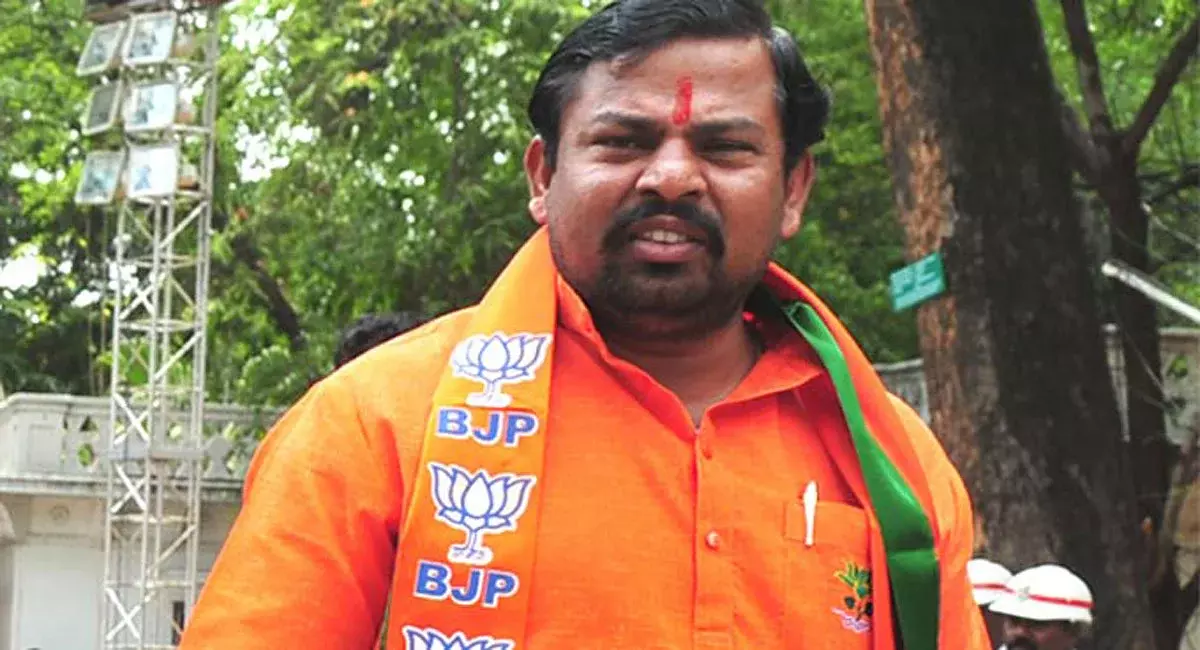The Karnataka High Court has held that without the necessary sanction under Section 196 of the CrPC, the proceedings under Section 153A of the IPC could not continue, thereby clarifying that the absence of sanction was a fundamental defect in the prosecution.Justice M Nagaprasanna thus quashed the proceedings initiated against Telangana legislator Raja Singh Thakur and other accused for...

